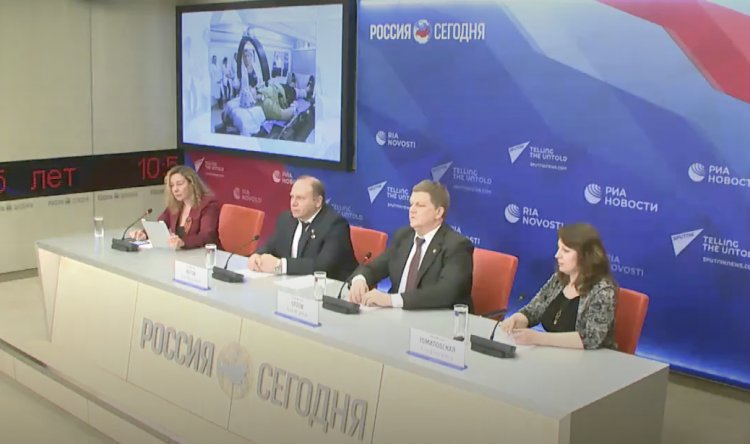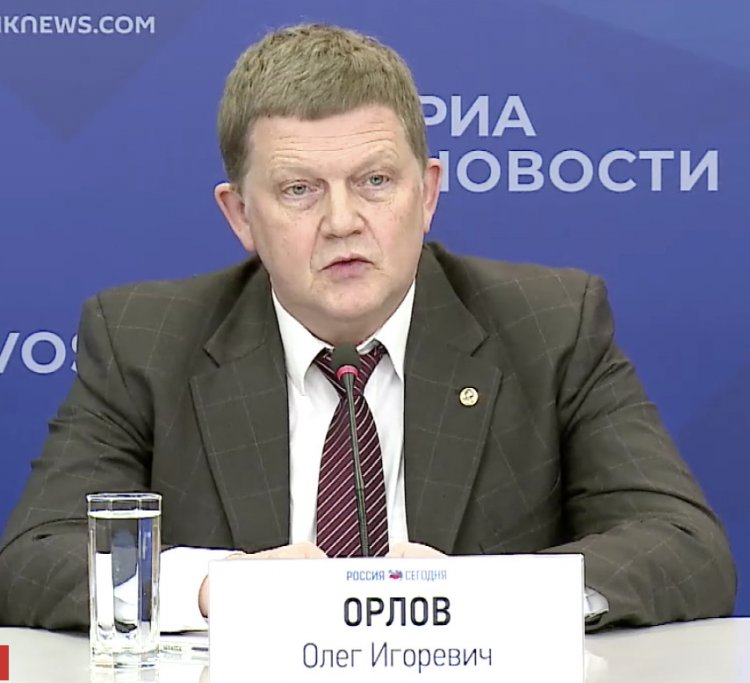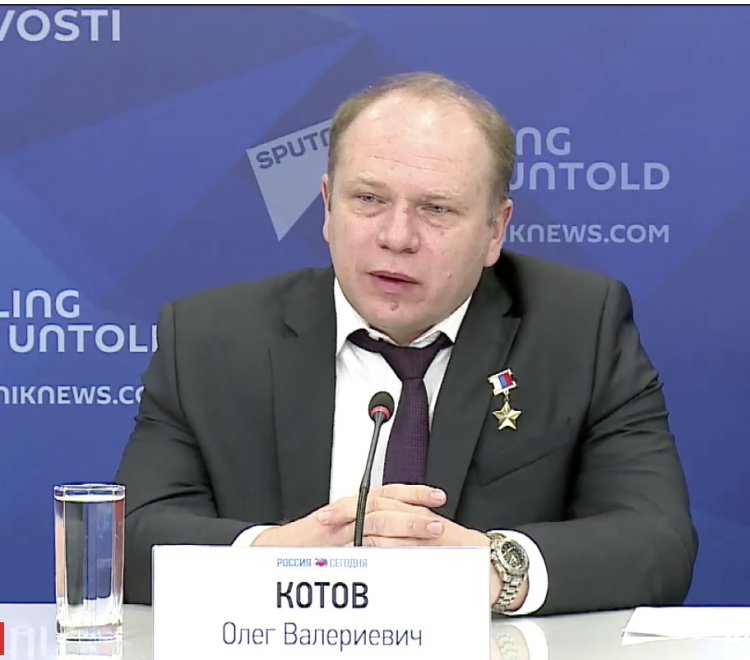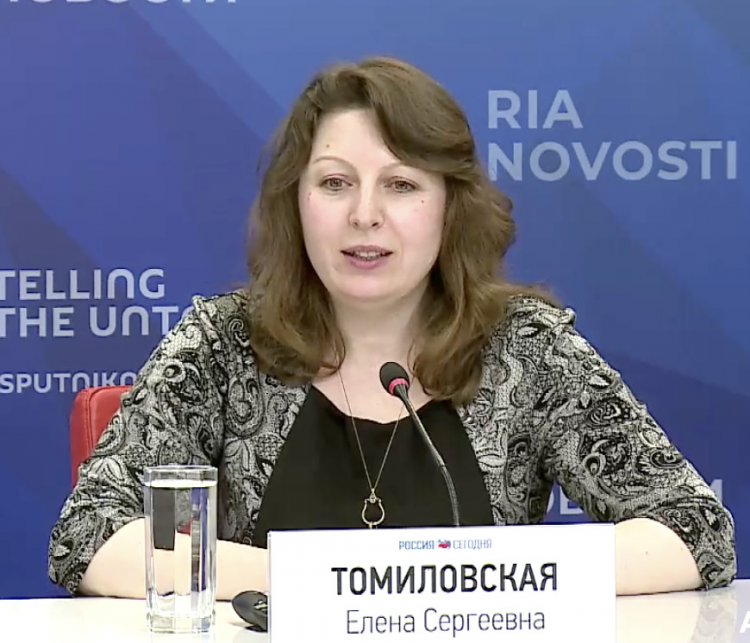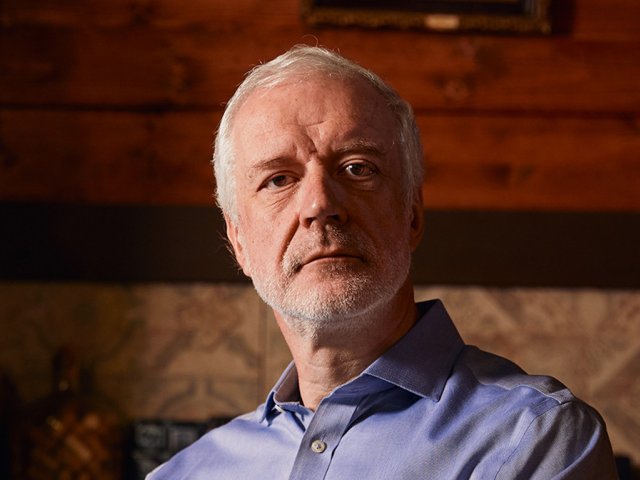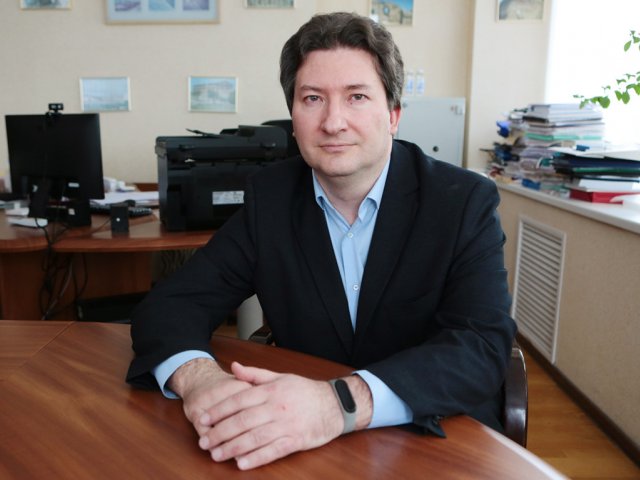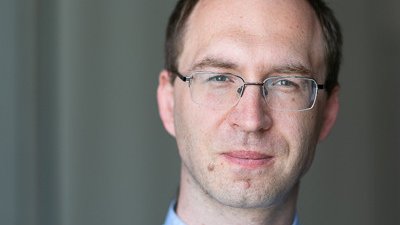An online press conference was held today at the Rossiya Segodnya International Information Center, where the main topic of discussion was “Space Medicine: from Gagarin to Mars.” The participants of the press conference included Oleg Igorevich Orlov, Director of the Institute of Biomedical Problems of the Russian Academy of Sciences, Member of the Russian Academy of Sciences; Oleg Valeryevich Kotov, Deputy Director for Science of the Institute of Biomedical Problems of the Russian Academy of Sciences, cosmonaut, Hero of the Russian Federation; Elena Sergeevna Tomilovskaya, Head of the Department of Sensorimotor Physiology and Prevention of the Institute of Biomedical Problems of the Russian Academy of Sciences. During the event, they discussed the latest achievements in the field of space physiology and medicine, the problems and prospects for the development of this field in science, including onboard and ground experiments, as well as the usefulness of space medicine on Earth.
Oleg Orlov, Director of the Institute of Biomedical Problems of the Russian Academy of Sciences, Member of the Russian Academy of Sciences
Currently, the Institute continues to work on the medical support of space flights. It is engaged in the manufacture of medical and scientific-medical equipment, means of prevention which are operated onboard the ISS. The Institute is responsible for the formation of a scientific research program in this direction, which is now recognized onboard the ISS as one of the largest sections of the scientific program. At the same time, the Institute also works in other fields of medicine, mainly of extreme profile. “The implementation of our work results for the tasks of the national economy and healthcare is of great importance in our activities. And what worries us now in the first place is the work related to the creation of medical support systems in interplanetary space flights. Here the work starts with fundamental research. These are practical works, experimental studies of a complex nature. We hope that in the future these techniques will be worked out in space flights before they find their application in real interplanetary missions,” Oleg Igorevich stressed.
Oleg Kotov, Deputy Director for Science of the Institute of Biomedical Problems of the Russian Academy of Sciences, cosmonaut, Hero of the Russian Federation
According to Oleg Valeryevich Kotov, Deputy Director for Science at the Institute of Biomedical Problems of the Russian Academy of Sciences, the biomedical program occupies one of the leading places in the program of scientific research of crew experiments on the ISS not only during flights. Each expedition at the station performs many experiments, including biomedical ones. “When we talk about long-distance flights to the Moon and Mars, specific applied tasks need to be solved to deal with the issues of medical and biological support of flights. There is a certain matrix or scale of medical risks, a list of certain medical knowledge that we need to get and without solving all these issues, we really will not be able to reach and stay on the surface of the Moon for a long time or fly to Mars. To “paint over” this in the green color of the function, you need to perform a fairly large list of works both on Earth in the experimental theoretical base and space. The Institute uniqueness is that it is the only organization that combines both the level of fundamental research and the level of practical development, conducting experiments and providing medical flights on manned spacecraft,” Oleg Valeryevich said.
Elena Tomilovskaya, Head of the Department of Sensorimotor Physiology and Prevention of the Institute of Biomedical Problems of the Russian Academy of Sciences
As Elena Sergeevna Tomilovskaya noted, the scientists created a consortium that consists of 4 organizations, including the Pavlov Institute of Physiology (the organization initiator), the Institute of Evolutionary Physiology and Biochemistry of Saint Petersburg Electrotechnical University, and the Institute of Biomedical Problems of the Russian Academy of Sciences. Currently, there are 79 leading scientists in the consortium team, where 50% are young leading specialists. “We are focusing on two issues: the first is integrative physiology, where we try to combine all physiological research, starting from molecular biology and ending with psychology, to carry out a deep comprehensive analysis of the problems on which we focus. These problems are mainly related to stress and stress tolerance – the fight against stress and its prevention. Because now this is a very urgent problem, especially considering the pandemic. That is why our institute can contribute a lot to the research of this problem. The Institute has organized a center for studying and preventing the effects of long-term isolation, where they study stress problems, including reduced motor activity during a pandemic,” Elena Sergeevna said.
The participants of the online press conference stressed that during the pandemic, the Institute’s staff did not stop their work for a single day. Scientific research has not stopped either. This is all a long and painstaking work that requires support. The Institute is engaged in the system of operational measures to ensure space flights, so all services worked in the same mode, including all the pandemic guidelines.
Photo in text - broadcast screenshot
